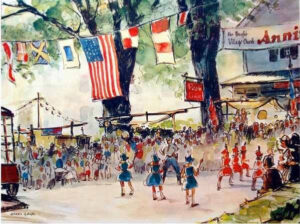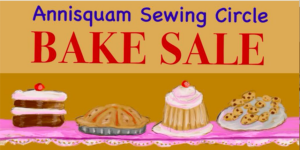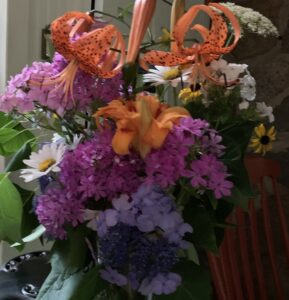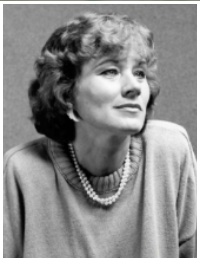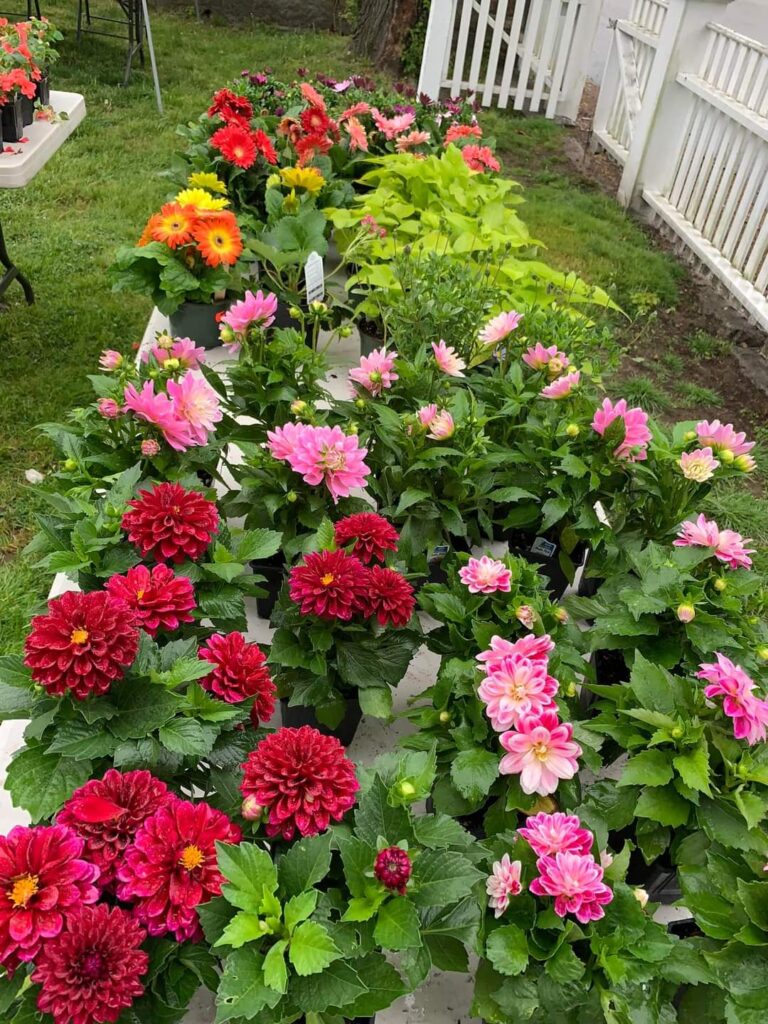Annual Annisquam Sewing Circle Christmas Fair
December 2, 2023
8:00 am to 12:30 pm,
Annisquam Village Hall
34 Leonard St., Gloucester MA 01930
Handicap accessible through the Walnut St. entrance
AnnisquamSewingCircle@gmail.com
In the months leading up to our Christmas Fair the members are busy creating one-of-a-kind handcrafted items for the Craft Table, searching through recipes for a new idea for the Gourmet Table and gathering items to decorate wreaths and table decorations.
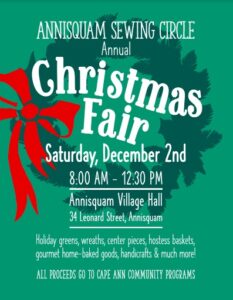
During the week before the Fair the Members will be very busy decorating fabulous wreaths, beautiful table and mantle pieces.
At home our wonderful bakers will be at work on items for the Gourmet Table. Last-minute touches are being added to the hand-created works for the Craft Table where you will find beautiful knits, cards and many unexpected items. This year there will be a new Needlepoint Ornaments created by the Needles Group. They have been working all year on these exquisite works of art.
Come early and shop. Members will be available to help you.. The first Saturday in December, 8:00 am to 12:30 pm, Village Hall, 34 Leonard St., Gloucester 01930.
The proceeds from this fundraiser are donated to Cape Ann non-profits and and scholarships to Gloucester High School graduating seniors living in Annisquam who are going on to further studies.
#annisquam #annosquamma #annisquammassachusetts #gloucester #gloucesterma #annisquamsewingcircle #annisquamvillagehall #annisquamvillagechurch #capeann #capeannma
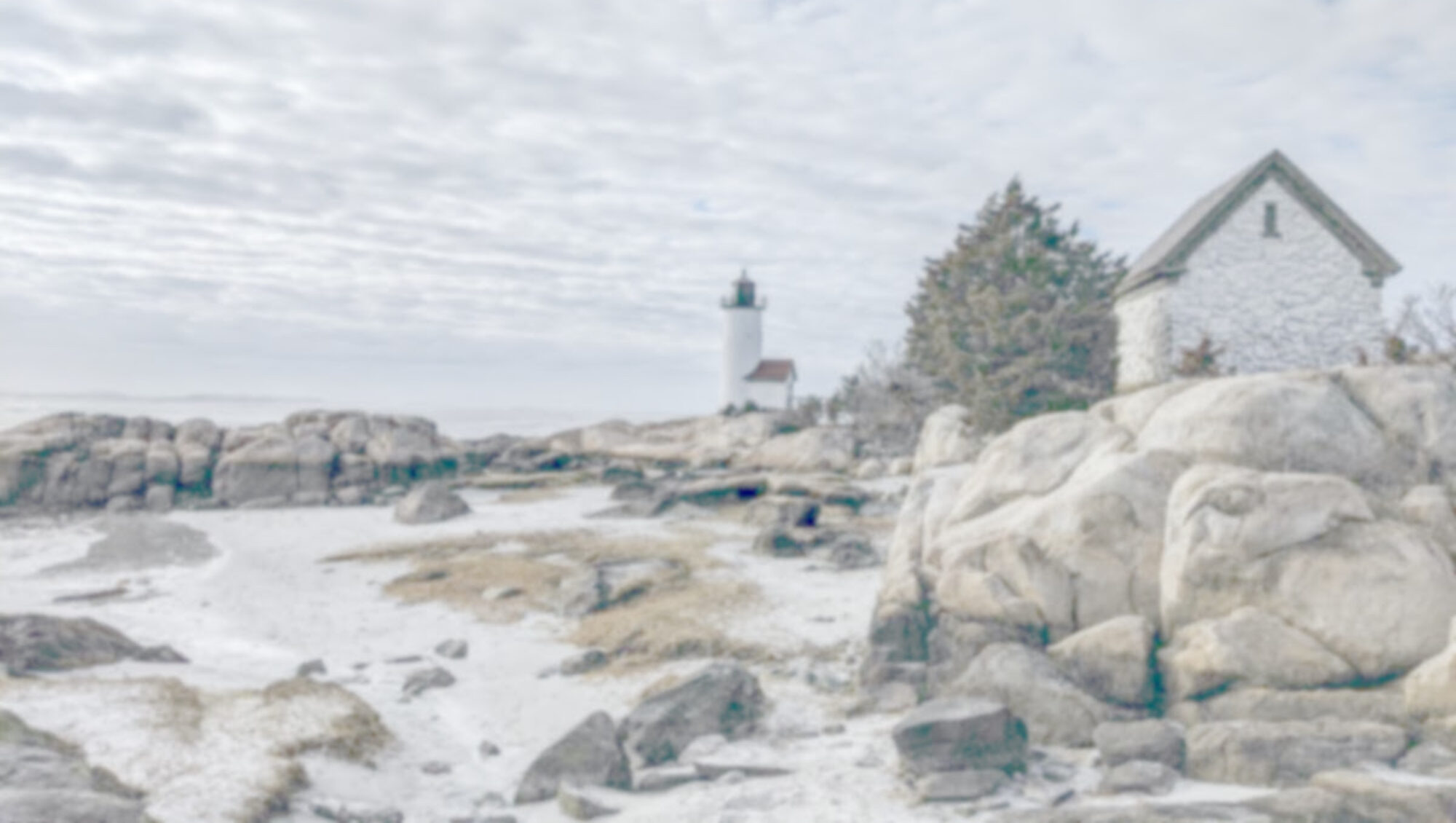
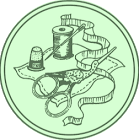
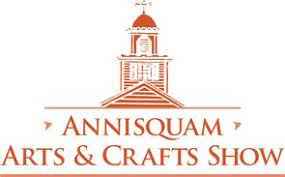
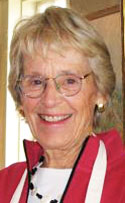
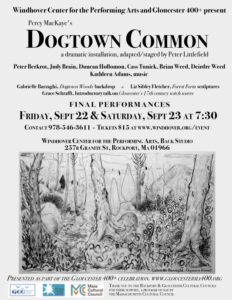
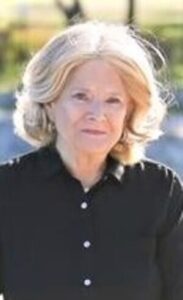 A Celebration of Life will be held at the Annisquam Village Hall on Sunday, September 24 at 2 pm.
A Celebration of Life will be held at the Annisquam Village Hall on Sunday, September 24 at 2 pm.